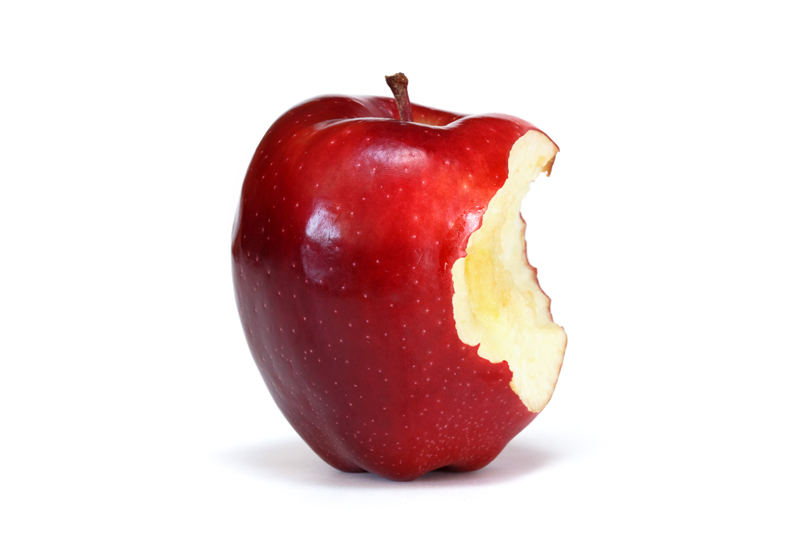Food Poisoning

Each year million-report illnesses that have been traced back to a certain food they have eaten. Many mistake the symptoms of food poisoning for intestinal flu. In fact, many cases of diarrhea reported annually are directly related to foods that were eaten.
Types of food poisoning
Milk Thistle,is widely used in Europe to treat Amanita mushroom poisoning. Studies have shown that patients with Amanita poisoning can be effectively treated with silibinin (the primary active component of milk thistle) up to 48 hours after eating the deadly mushrooms.
This article is for informational purposes only. Consult with your health care practitioner for medical advice.
Types of food poisoning
- E. coli in undercooked hamburger, raw milk, contaminated water (or ice); can be spread from person to person
- Traveler's diarrhea (another form of E. coli) from fruits, leafy vegetables, unsanitary drinking water and ice made from this water.
- Listeria monocytogenes (L. monocytogenes) in cole slaw, dairy products and cold, processed meats
- Salmonella spp. in poultry, beef, eggs, or dairy products
- Shigella spp. from raw vegetables or from cool, moist foods (such as potato and egg salads) that are handled after cooking
- Staphylococcus aureus (S. aureus) in protein-rich foods, especially ham, eggs, custard-filled pastries, mayonnaise, and potato salad, often from the hands of food handlers
- Bacillus cereus in uncooked grains, especially rice
- C. jejuni in raw milk and poultry
- C. botulinum in undercooked home-canned foods
- Clostridium perfringens (C. perfringens) in meat and poultry dishes and gravies, mostly foods that were cooked more than 24 hours before eating and were not reheated well enough
- Mushroom poisoning occurs from eating wild poisonous mushrooms, especially Amanita phalloides.
- Scombroid poisoning from bacteria in dark meat fish (tuna, bonito, skipjack, mahi-mahi, mackerel) that are not refrigerated well
- Ciguatera poisoning in tropical fish (grouper, surgeonfish, snapper, barracuda, moray eel) that have eaten the plankton Gambierdiscus toxicus
- Puffer fish poisoning from the organs and flesh of puffer fish
- V. cholerae in bivalve (two-shelled) shellfish (such as mussels, clams, oysters, and scallops), raw shellfish, and crustaceans (such as lobsters, shrimp, and crabs)
- Be very careful to wash your hands and to clean any dishes or utensils when you are making or serving food.
- Promptly refrigerate any food you will not be eating right away.
- If you take care of young children, wash your hands often and dispose of diapers carefully so that bacteria can't spread to other surfaces or people.
- If you make canned food at home, make sure to follow proper canning techniques to prevent botulism.
- Don't eat wild mushrooms.
- Always refrigerate fish well.
- Eat puffer fish only in specially licensed restaurants with chefs trained to cook it.
- Drink plenty of fluids (to prevent dehydration)
- Drink barley or rice water, chamomile tea, ginger tea (to soothe inflamed stomach or intestine)
- Alpha-Lipoic Acid, an antioxidant commonly found in broccoli, spinach, and beef, may be helpful in the treatment of Amanita poisoning. The usual dose for the supplement form is 50 mg twice a day or 100 mg once a day.
- Coumarins, studies have shown that coumarins, a substances found in many fruits and vegetables, may help stop the growth of E. coli.
- To prevent traveler's diarrhea, fruits and vegetables should be peeled, washed carefully, and preferably cooked before ingestion.
- Vitamin A, appeared to eliminate the bacteria from the body faster. Vitamin A, deficient may be more prone to Salmonella infection.
- Calcium phosphate, Researchers theorize that calcium phosphate helps to defend against certain organisms found in some foods.
- Fish Oil, people who have Listeria infection should avoid foods containing fish oil.
Milk Thistle,is widely used in Europe to treat Amanita mushroom poisoning. Studies have shown that patients with Amanita poisoning can be effectively treated with silibinin (the primary active component of milk thistle) up to 48 hours after eating the deadly mushrooms.
- Bittervine, a plant extract from a traditional Jamaican folk medicine shows activity against several types of bacteria, including S. aureus and E. coli.
- Thyme- the essential oil of thyme has killed the bacteria Salmonella typhimurium; additional lab studies also suggest that thymol (a part of thyme oil) has activity against S. aureus.
- Barberry, may help ease symptom in some people with food poisoning (E. coli and V. cholera).
This article is for informational purposes only. Consult with your health care practitioner for medical advice.
| Alternative Medicine Forum Posts |
| Faith and prayers, powerful medicine? |
| Anxiety |
| Age-Defying Brain Supplement! |

Related Articles
Editor's Picks Articles
Top Ten Articles
Previous Features
Site Map
Content copyright © 2023 by Victoria Abreo. All rights reserved.
This content was written by Victoria Abreo. If you wish to use this content in any manner, you need written permission. Contact Victoria Abreo for details.



